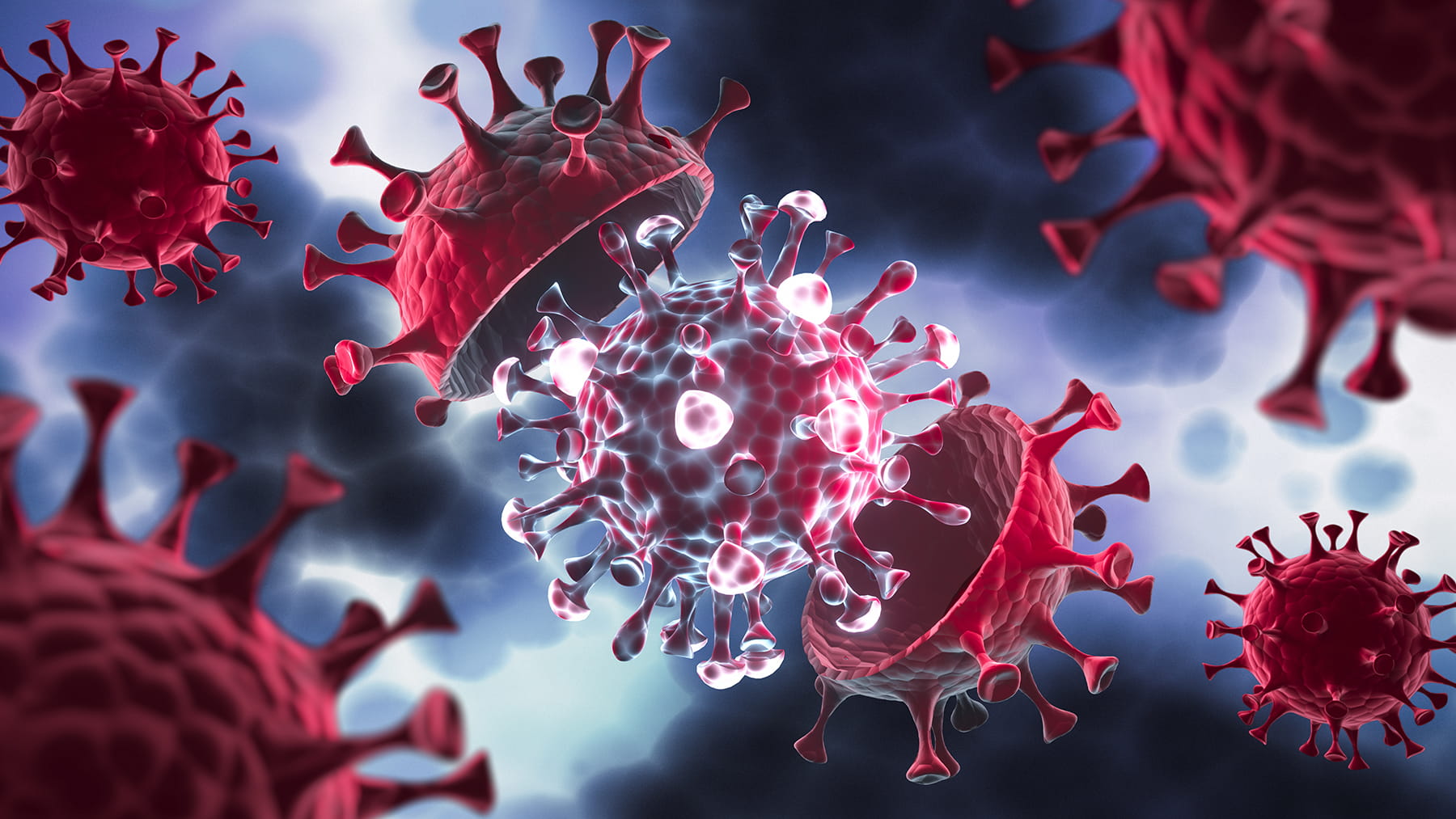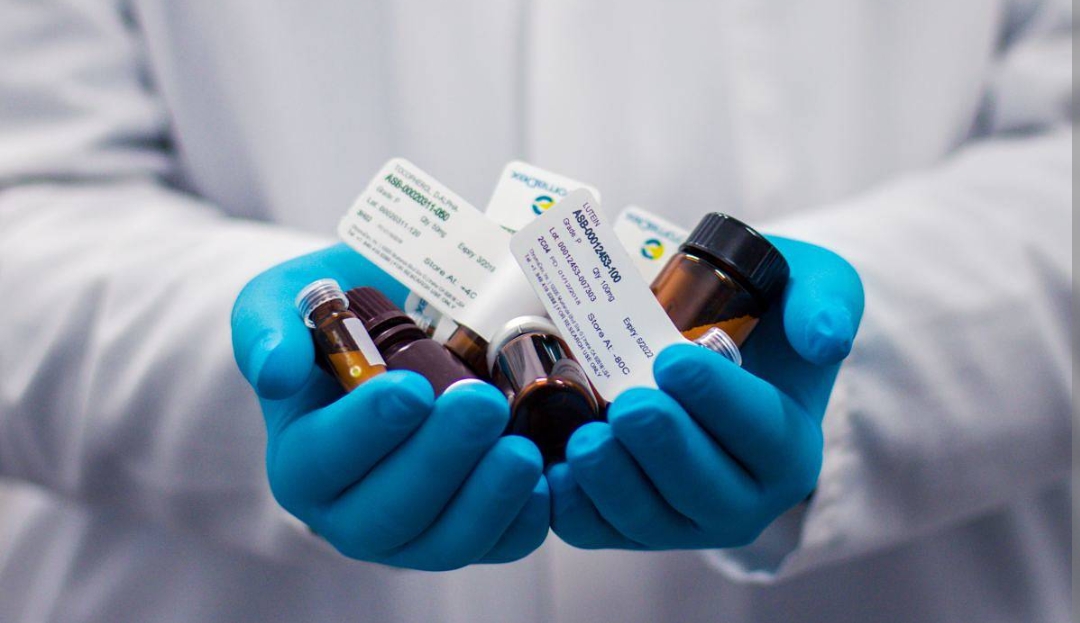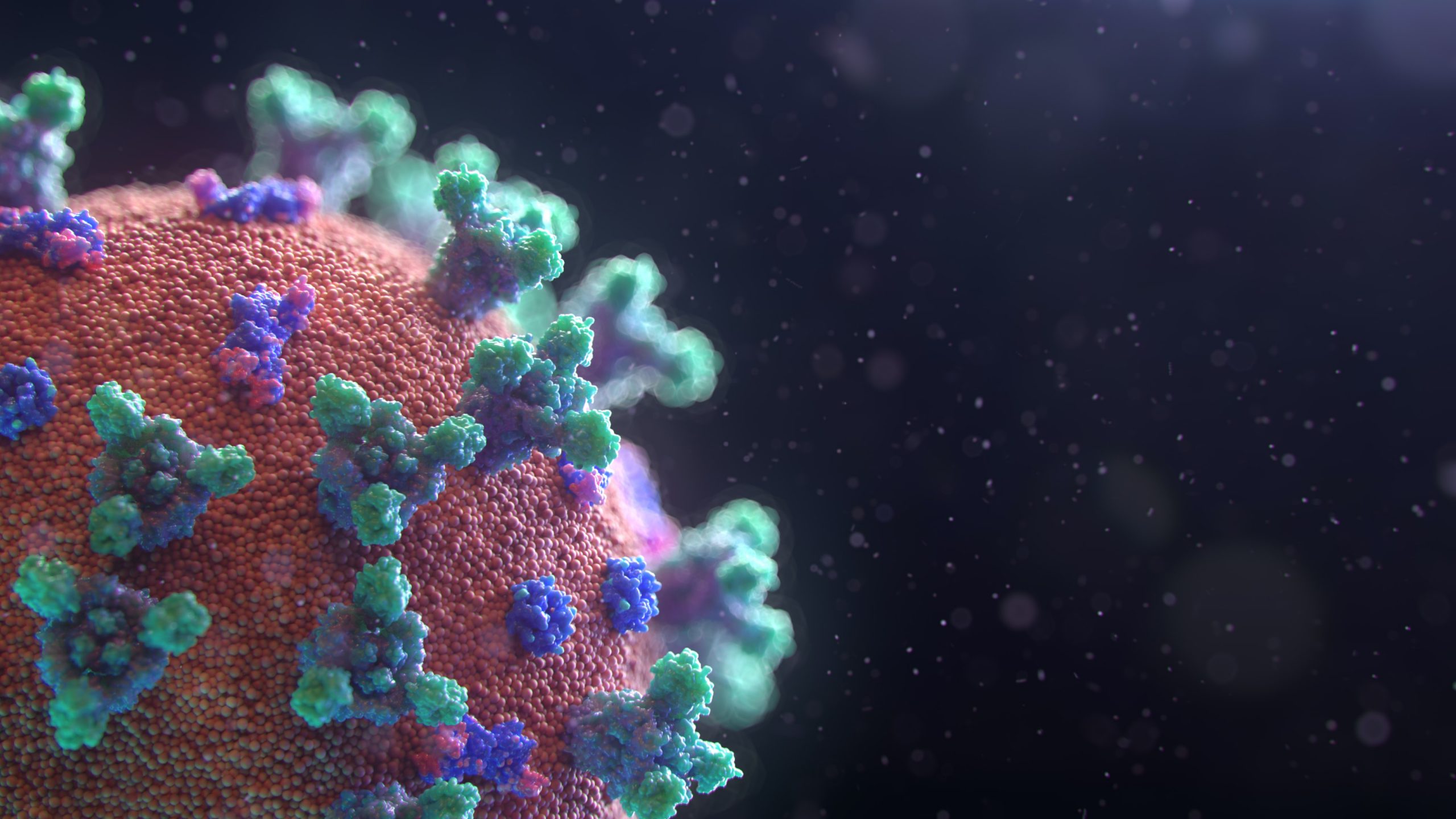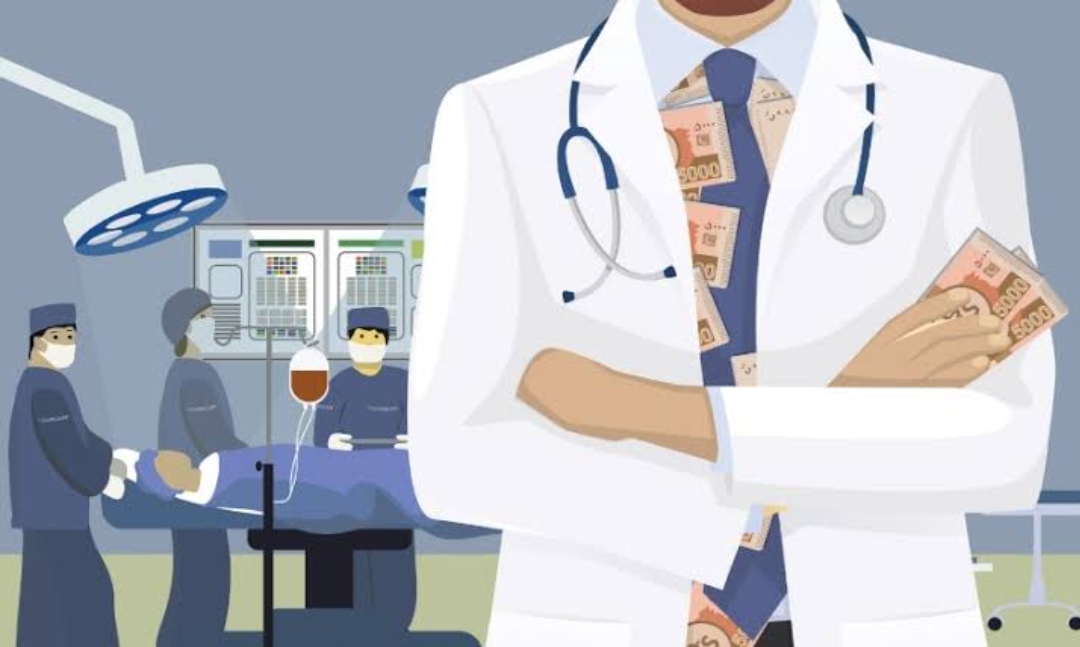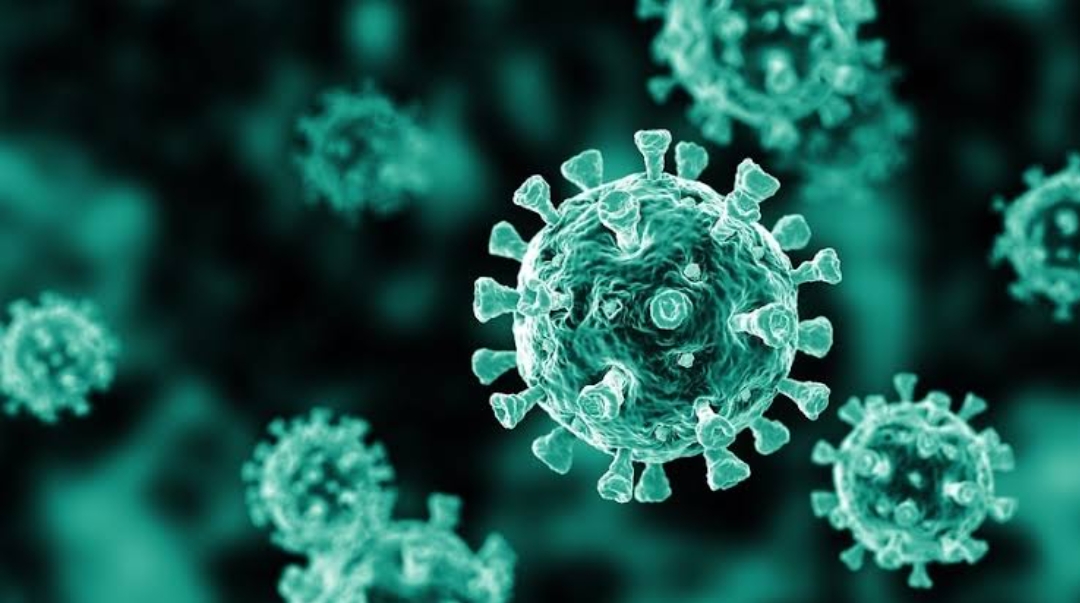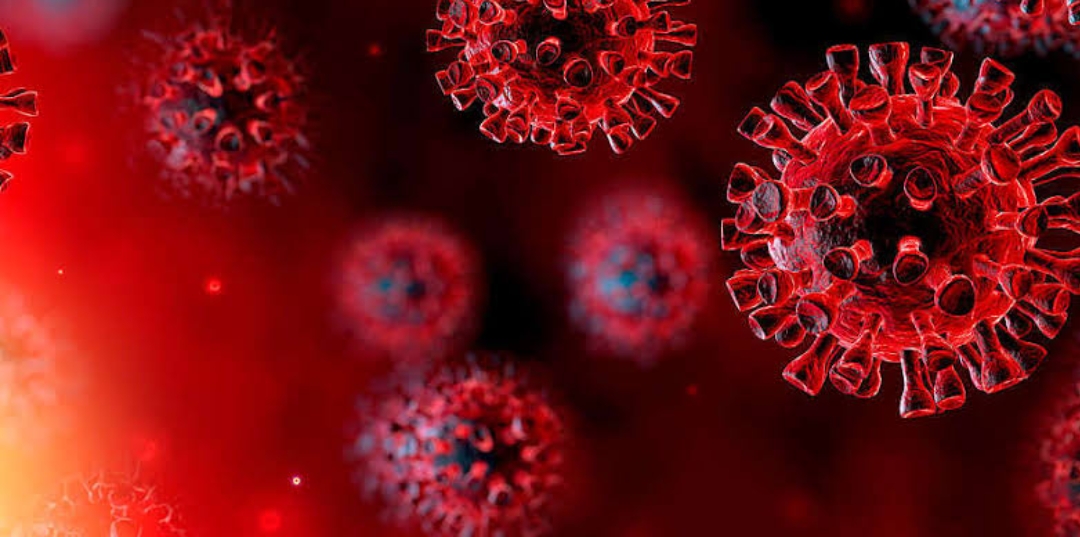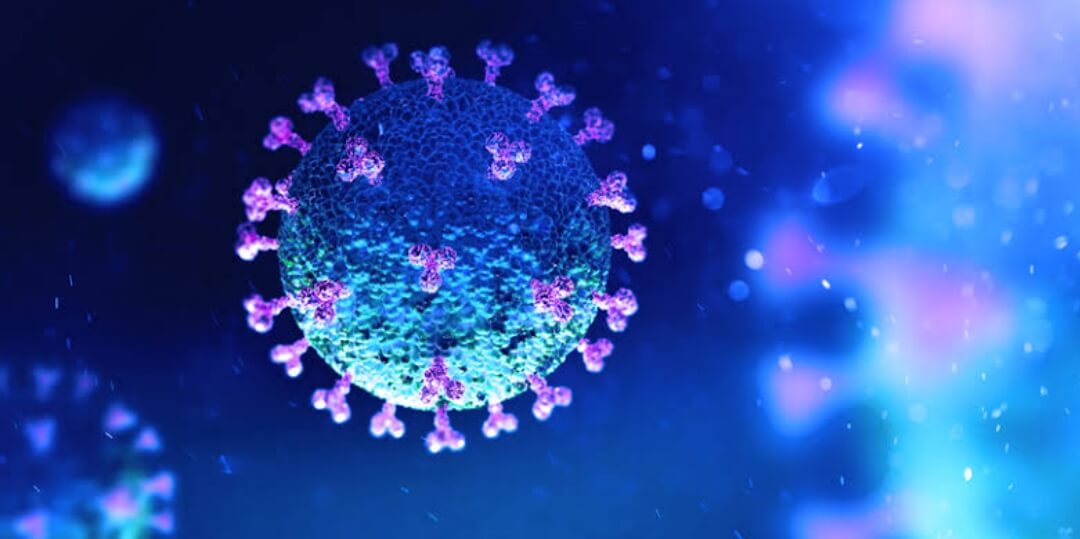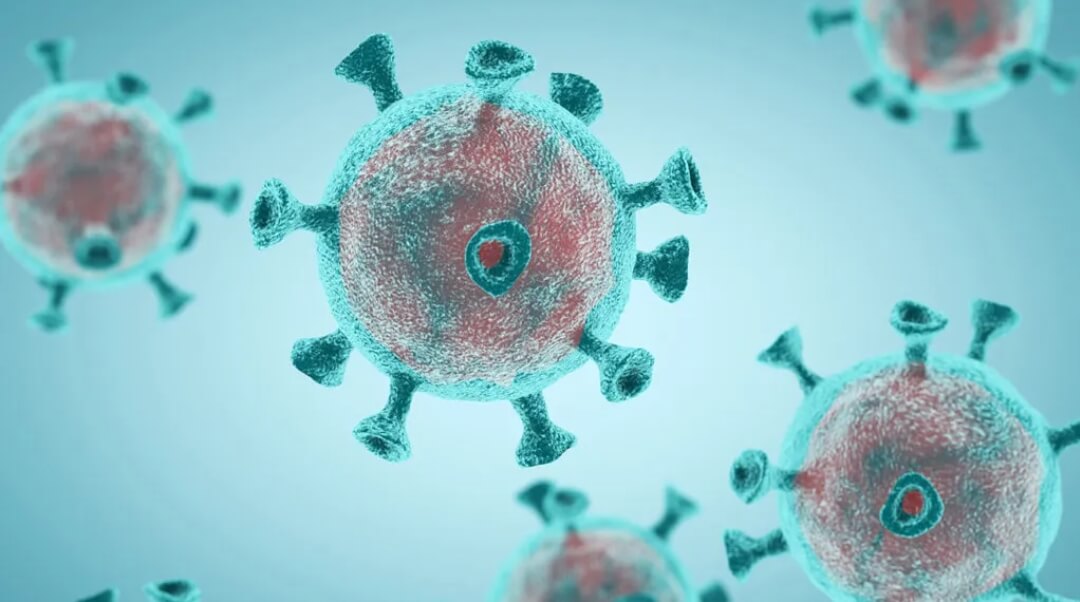
Ensuring equitable access to COVID-19 vaccines
To prevent low- and middle-income countries being left behind in the current pandemic, governments, international organizations, philanthropists, civil society and other stakeholders have come together in an initiative designed to ensure the research, development and manufacture of a wide access to COVID-19 vaccines. Candidates, negotiate their pricing and should any be approved for use ensure their equitable distribution.
Referred to simply as COVAX, the initiative is one of three pillars of the Access to COVID-19 Tools (ACT) Accelerator, a global collaboration aimed at accelerating the development, production and equitable access to COVID-19 tests, treatments and vaccines. Currently, there are more than 130 poor and developing countries that have not received a single dose of vaccine. In contrast, rich countries have secured more than half of the future COVID vaccine supply. In many poor and developing countries, the vaccination timeline may extend into 2023, given the gross global vaccine access inequalities.
As of early November, 186 countries and economies, 94 of which declare self-financing and 92 requiring funding support, had joined COVAX’s vaccine procurement and delivery mechanism, known as the COVAX Facility.
Unless intellectual property and technology barriers are removed, there cannot be equitable and universal access to COVID-19 vaccines and treatments by all those in greatest need. Suspending IP rules should be an integral part of a global policy solution to ensure equitable and universal access to COVID-19 vaccines and treatments. Without a coordinated global response, the coronavirus cannot be brought under control.
India kicked off its vaccination program on January 16 aiming to inoculate 30 million frontline and healthcare workers. The government is currently exploring means to ensure that its neighbors and developing countries get vaccines. Moreover, an official familiar with the developments told HT last week that there is considerable pressure on India, especially from neighbors and developing countries, to supply vaccines.












